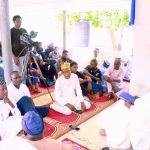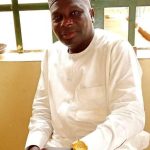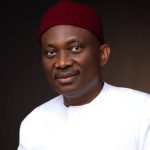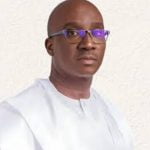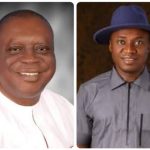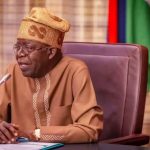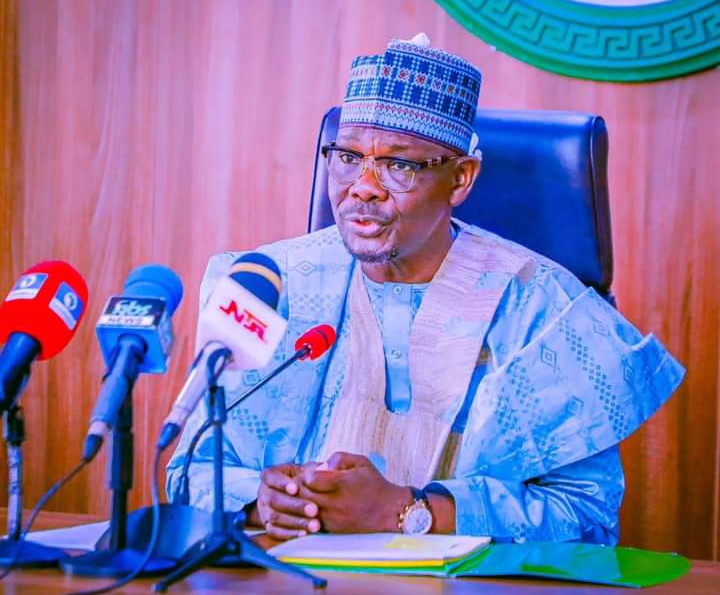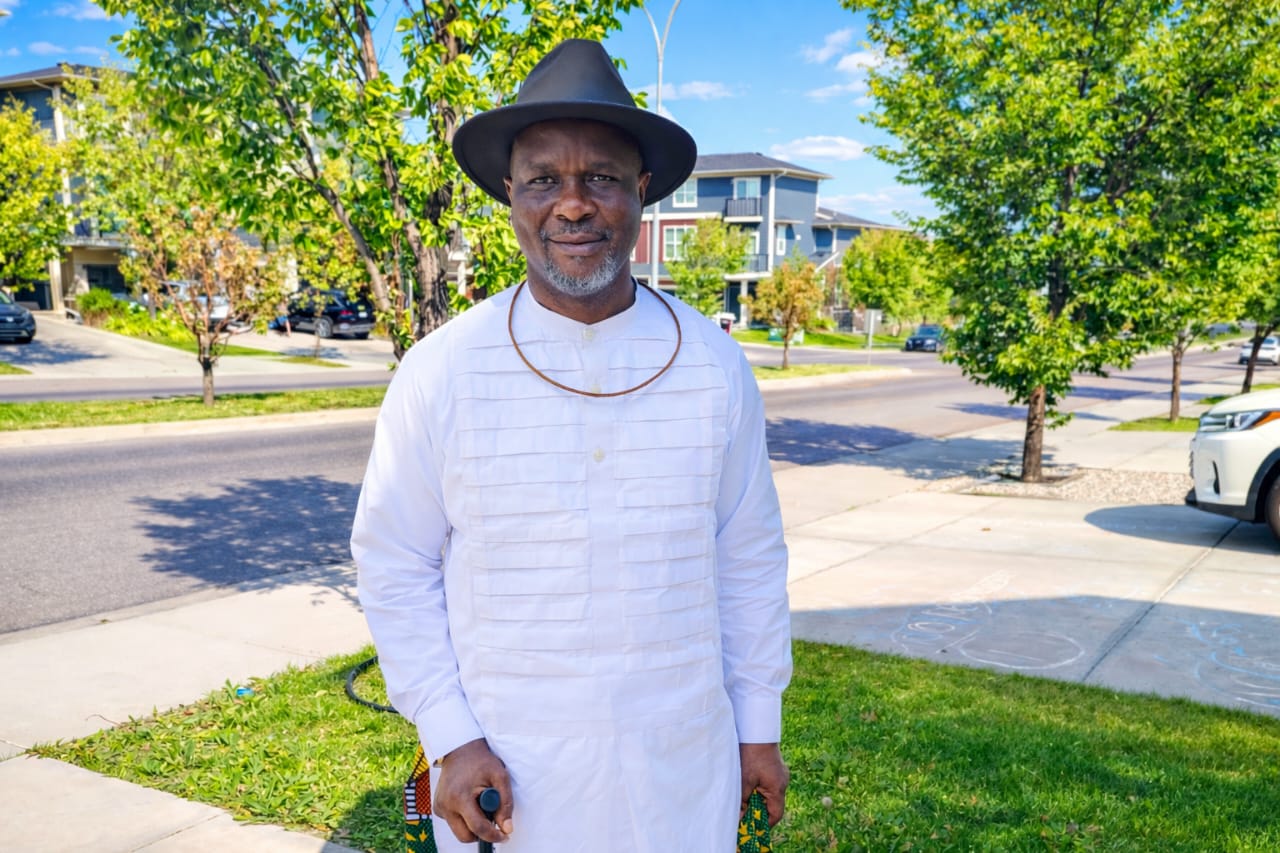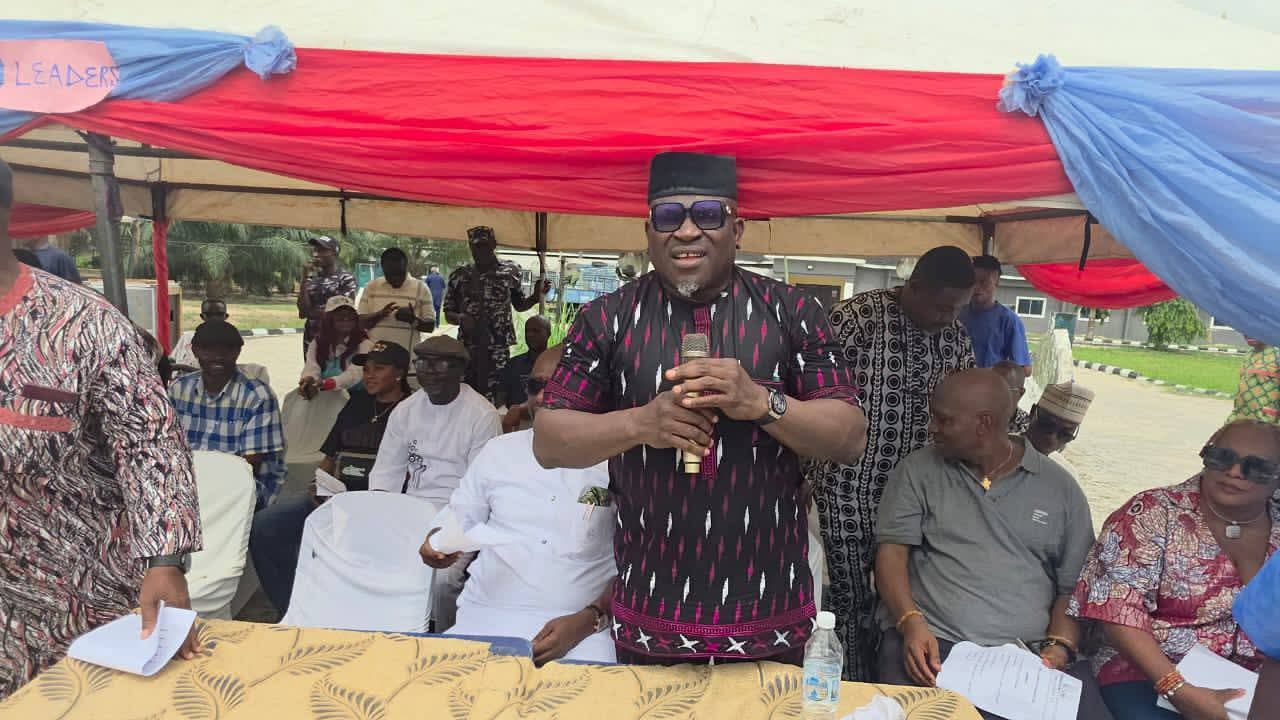Governor Sule reveals why he joined politics
Governor Abdullahi Sule of Nasarawa State expressed that his entry into politics was driven by a strong desire to contribute to the development of Nasarawa State and Nigeria. He emphasized that he had always felt compelled to participate in governance to facilitate progress and development once in authority.
Sule, in office since May 29, 2019, following his victory in the gubernatorial elections under the All Progressives Congress (APC), has prioritized various initiatives designed to enhance infrastructure, security, and overall welfare within the state. His administration’s guiding principle centers on surpassing expectations, underscoring his dedication to responsive governance and grassroots development.
Governor Sule stated this while presenting a lecture as a guest speaker at the National Defence College Abuja on Friday.
Sule delivered a keynote address titled “Strategic Leadership, My Experience” at the National Defence College in Abuja on February 1, 2025, highlighting the significance of strengthening institutions and strategic leadership for national integration and development. He underscored the importance of effective leadership in addressing economic disparities and promoting multiculturalism in Nigeria.
Sule, the two-term Governor of Nasarawa, stressed the importance of national security and cohesion for progress, urging citizens to actively participate in tackling security challenges through community support and information sharing. He shared insights from his personal journey, attributing his success to strategic thinking and collaboration. The Commandant of the National Defence College praised Sule’s lecture as insightful, encouraging participants to apply the lessons learned in their future roles as leaders.
Addressing Course 32 participants of the NDC from Nigeria and other countries, the Governor reflected on how, following his return to Nigeria from the United States and the establishment of Nasarawa State in 1996, he felt a deep-seated desire to make a positive impact on the state.
“There was no Nasarawa State at the time I went to school in the United States. I went to school in 1980. Nasarawa was not created until 1996. Why did I join politics? A lot of people worked very hard to be able to get this state created under none other than the late General Sani Abacha, a man Nasarawa State will never forget.
“Based on that, I do not have the opportunity to be part of that story. Now that I was not there during the struggle for the creation of the state, what can I do? I always had the urge that when I have the authority, I will be part of the development. Because creating the state is one thing and developing the state is another. This is one of the motivations driving me to join politics,” he said.
Speaking on the topic, “Strategic Leadership in Governance- My Political Experience”, Governor Sule however said he joined politics already prepared to achieve his vision.
Looking back, he pointed out that driving a successful strategic leadership requires determination, personal values, morals, integrity, accountability, rule of law, probity and prudence, as well as transparency.
According to him, to be successful as a strategic leader, the mindset must be based on knowledge, experience and exposure, adding that as an engineer, his focus was on what to do, how to do it, with a view to problem solving.
“Those are the combinations that I was able to bring into Nasarawa State. Strategic leadership first requires thinking, a vision and that vision better be clear. Coming from the private sector, being an engineer, I understand that all visions must be clear, must be compelling. It must be in the line of planning. Whatever we plan has to be with knowledge and experience. Then it must go through the process of execution. We don’t just plan and hang it on the shelf. We have to plan and ensure that that planning must be executed and most have an implementation process with total commitment to that implementation,” he stated.
Drawing from his vast experience from the organized private sector, the Governor gave examples with his experience with African Petroleum, a company he inherited with a negative balance sheet of N26bn but worked hard to turn the company around with a positive balance sheet of N5bn, as well as the Dangote Group where he had to manage surplus money through savings, to the point of independently paying salaries of workers.
“My experience under African Petroleum should be a case study of strategic leadership. What happened in AP is something that should never happen in Nigeria. Because the company was completely destroyed as a result of greed. I inherited a company, coming again from America at the time, my head was at the time smoking with honesty, sincerity and transparency. I came in where none of these things existed. It is like starting from ground zero. We inherited a company that has a negative balance sheet of N26bn. What that meant was that the entire access of the company when sold, you will still be owing N26bn to the owners. We worked hard until we were able to turn around that company in five years from a negative balance sheet to a positive balance sheet of N5bn,” he said.
Governor Sule said he was adequately prepared to perform his responsibilities when he became Governor of Nasarawa State in 2019.
“The initial plan for me when I made up my mind to join politics and as an engineer that I said I was, I had to understand the state. I spent most of my time outside the state from its creation to a certain period. Now I had to go into the planning of engaging a consultant. That was when I brought in KPMG to assist me to go to the state and come out with the various aspects of challenges in the state, the prospects in the state. What are the prospects of Nasarawa State? What are the challenges of Nasarawa State? What are the resources to be used in Nasarawa State? How do we achieve them? What are the low hanging fruits? What are the long vision for the state?,” he stated.
The Governor said the report submitted by KPMG gave rise to the blueprint of his administration as encapsulated in the Nasarawa Economic Development Strategy (NEDS).
“That was what I took to be my guiding light. The Nasarawa Economic Development Strategy (NEDS) was created from the same report developed by the KPMG. I went in there with a vision and a document, of knowing what am I going to do, how am I going to do it. How do we go around it? What will be the challenges. I think that is what strategic leadership is all about,” he said.
He noted that to be successful, a strategic leader requires a team, as such a leader can not do it along.
“Any leader that wants to do it along, that leader is going to have all the obstacles in this world,” he said.
He emphasized that true leadership is not about taking credit but being the servant leader who listens.
“When you are the servant, you listen. When you listen, you judge,” you said.
Rear Admiral Olumuyiwa Morakinyo Olotu, Commandant, National Defence College, appreciated Governor Sule for doing justice to the topic given to him and for speaking from his heart.
Rear Admiral Olotu harped on the qualities of a strategic leader as demonstrated by the guest speaker, highliting the significance of motivation, vision, planning, and team work.
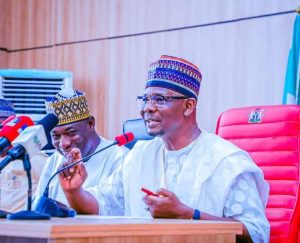
He told the participants to imbibe the leadership qualities showcased by the Governor, particularly urging them to learn to build a team that would assist them in achieving their visions.
“It’s going to be difficult for you to succeed as a strategic leader without a good team. You have to be able to build a good team to be able to execute any kind of strategy. Please, start thinking about how to build those friendships, partnership and a team that will not only share your vision but also enable you to achieve that vision,” he said.
Speaking earlier, Air Commodore Patrick James Edem, Director, Department of National and Military Strategy, equally urged the participants to emulate the points raised by Governor Sule, especially that they are being groomed to take up leadership responsibilities in their organizations or countries.
